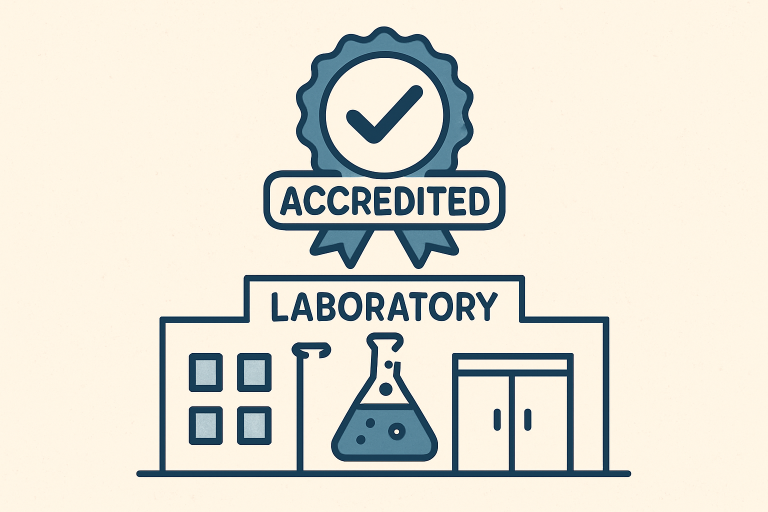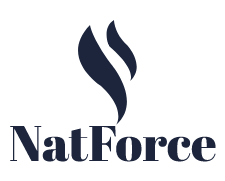The Role of Laboratory Accreditation in Building Quality and Public Trust
Key Takeaways
- Laboratory accreditation confirms a lab’s competence, ensuring reliable and reproducible test results.
- Accreditation enhances quality control, process consistency, and credibility in competitive and regulated industries.
- Accredited labs contribute to public health, safety, and environmental protection by providing accurate and trustworthy data.
- The accreditation process requires continuous improvement, training, and adaptation to evolving standards and technology.
- Achieving and maintaining accreditation builds trust with consumers, stakeholders, and regulatory agencies.
Why Laboratory Accreditation Matters in Today’s World
Laboratory accreditation is the formal recognition that a laboratory is competent to carry out specific tests or calibrations, based on rigorous international standards. This process spans various fields, including environmental testing, food safety, healthcare diagnostics, and industrial quality assurance. Laboratory work touches nearly every aspect of modern life, influencing the air we breathe, the water we drink, the care we receive, and the products we buy. For labs seeking to strengthen their compliance or those considering consultation, resources like CDC Laboratory Quality Standards or laboratory supplies hazard KY providers can offer vital support for robust quality management. The reach of accreditation extends beyond internal operations—its influence is felt in consumer confidence, regulatory compliance, and public policy.
The Path to Accreditation: Steps and Best Practices
The journey to accreditation begins with a comprehensive self-assessment, where laboratory leaders critically evaluate their equipment, personnel, and procedures against established standards. The next step involves developing robust documentation and process controls, formalizing workflows, and ensuring traceability in every test conducted.

External evaluation by an accredited body is essential. Inspectors assess the lab’s systems, document control, and technical competence. Accreditation is not a one-time achievement—it requires a commitment to continuous improvement, regular audits, and adaptation to changing standards.
Benefits for Laboratories: Quality Assurance and Competitive Edge
Laboratories that embrace accreditation enjoy significant internal and external advantages. Accreditation drives process consistency and accuracy, reducing errors and waste. Improved data reliability and traceability ensure that results can be trusted and are reproducible, setting accredited labs apart in a competitive marketplace.
Enhanced credibility is among the most valuable outcomes. Regulatory agencies, industry peers, and clients are likelier to prefer laboratories with internationally recognized credentials, opening up new business opportunities and partnerships.
Public Health and Safety: The Broader Impact of Accreditation
Accreditation is indispensable to public welfare by underpinning key sectors like food safety, healthcare, and environmental monitoring. In healthcare, accredited labs deliver reliable diagnostics that are vital to patient care. In the food industry, they guard against contaminants and ensure regulatory compliance. Environmental laboratories help safeguard natural resources by providing accurate data on pollution and climate factors.
Building Trust with Consumers and Stakeholders
Transparency in laboratory operations enhances public trust. When consumers and stakeholders see that a laboratory is accredited, they have greater confidence in the accuracy and impartiality of the results. This transparency is essential for industries reliant on testing, such as pharmaceuticals and food production, where consumer safety is at stake.
Accreditation also reinforces regulatory compliance, helping laboratories meet local and international requirements. This alignment reduces legal and reputational risks and assures stakeholders that test results are defensible and credible.
Barriers and Challenges Laboratories Face in Achieving Accreditation
Achieving accreditation is not without challenges. The process entails significant investments in personnel training, infrastructure, and documentation. Smaller labs may struggle with the financial and administrative burdens, while rapidly evolving standards can require costly updates in procedures or equipment.
Another frequent challenge is keeping pace with technological and regulatory change. Some laboratories encounter obstacles such as a lack of skilled staff or difficulty integrating new digital systems.
The Future of Laboratory Accreditation: Trends to Watch
Laboratory accreditation is evolving quickly, shaped by digital transformation and increasing globalization. Automation, data digitization, and remote assessments are becoming industry norms, enabling more accessible and efficient accreditation processes. During the pandemic, remote auditing gained traction and will likely remain part of the toolkit for accrediting bodies.
Moving Towards a Culture of Continuous Improvement
Laboratory accreditation ultimately fosters a culture of quality, transparency, and continuous improvement. Laboratories should aspire to achieve and maintain high standards, investing in training, technology, and process optimization. The benefits—from stronger public trust to greater operational efficiency—make accreditation a strategic imperative for any modern laboratory.
By embracing accreditation and its principles, laboratories can help protect public health, open doors to new collaborations, and remain resilient in rapid scientific and regulatory advancement.
